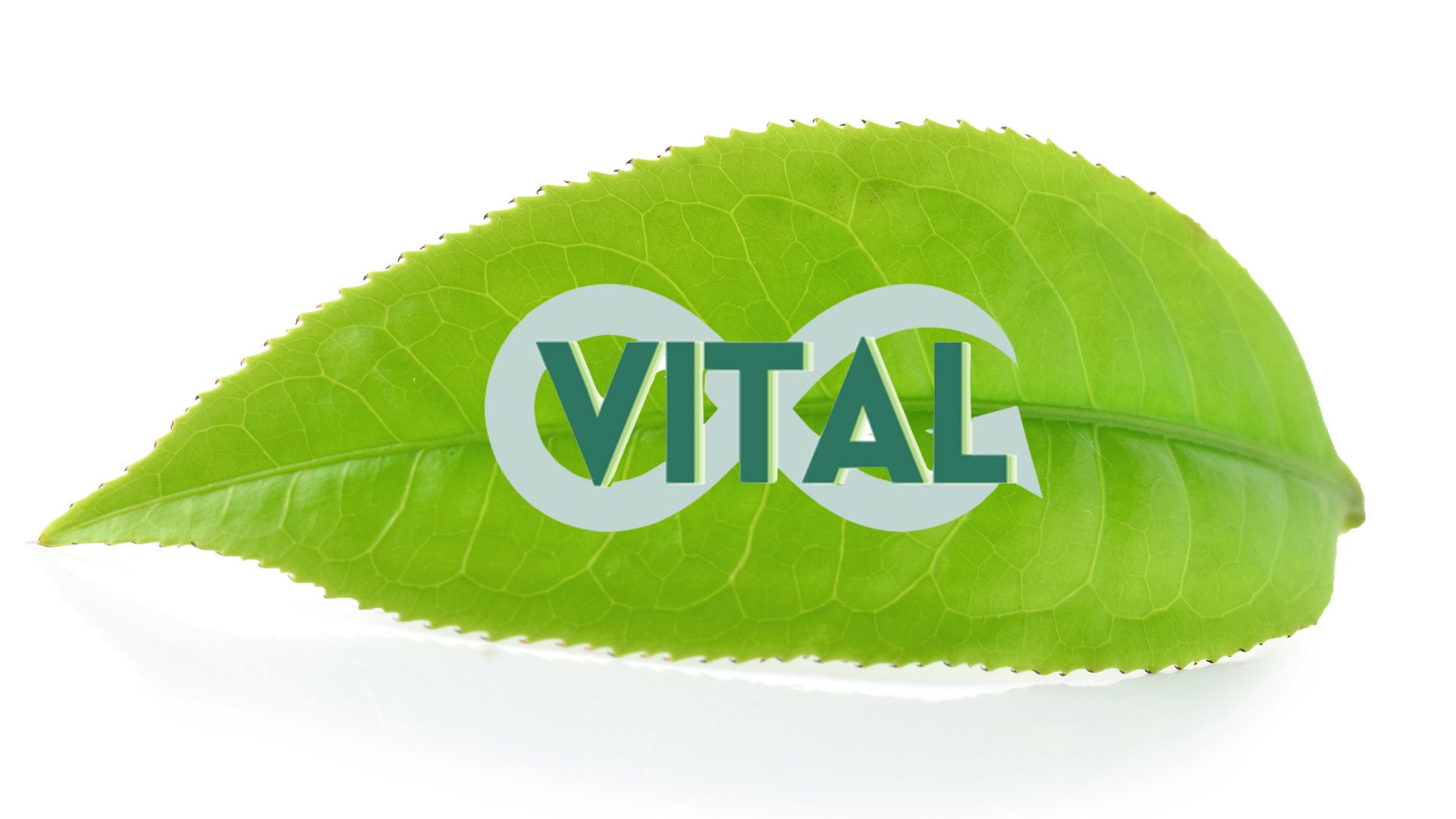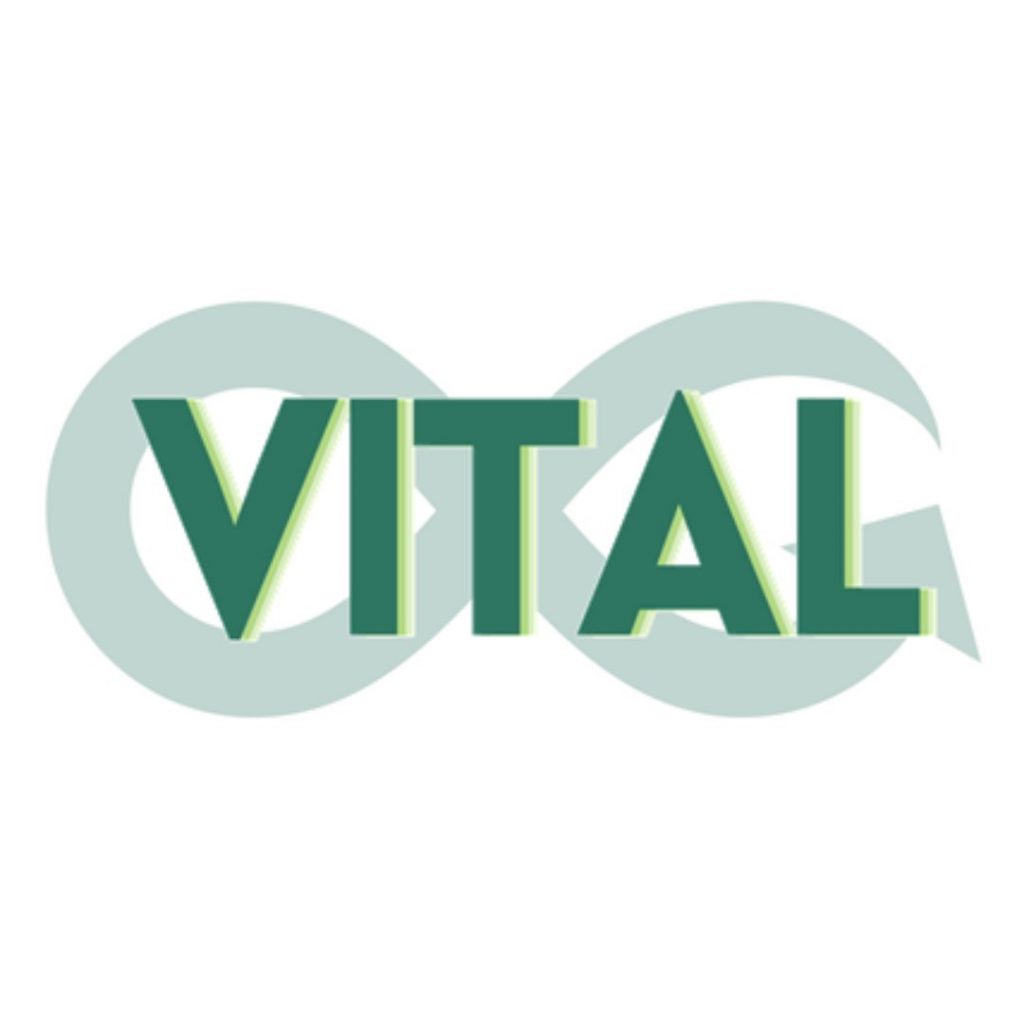
This summer, the VITAL consortium has kick-started a three-year project that will tackle the most significant challenges faced when replacing conventional fossil-based petrochemical materials with sustainable bio-based alternatives.
VITAL (InnoVatIve processing Technologies for bio-based foAmed thermopLastics) brings together a world-leading consortium consisting of industrial processors and equipment manufacturers along with end-user partners from the automotive, electronics, and marine sectors and leading research and technologies organisations from across Europe. The partnership will be led by Finnish research institution VTT and consists of 14 organisations in total – Avient Corporation (Germany)*, Brinter (Finland), Arcelik (Turkey), Centro Research Fiat, Stellantis (Italy), Meyer Werft (Germany), Farplas (Turkey), Tofas (Turkey), Fraunhofer (Germany), PIEP (Portugal), Idener (Spain), Meyer Turku (Finland), Floreon (UK) and Iconiq Innovation (UK).
VITAL will contribute towards a number of EU initiatives, particularly in economic, green, and manufacturing growth:
- 2020 Circular Economy Action Plan which has the aim of making sustainable products the norm in the EU.
- Made in Europe, co-programmed European Partnership, related to EU policies addressing manufacturing, the new industrial strategy for Europe, the European Green Deal, and a Europe fit for the digital age.
The project also addresses the three core objectives of the European Growth Model which are based on moving towards a resilient, green, and digital economy. These will bring multiple benefits to the EU across the environment, health, security of supply, and economy. VITAL is built upon a foundation of globally strong and growing markets. The foamed polymer product market sector in particular is a critical part of the global economy and is predicted to expand from €123B in 2021 at a compound annual growth rate (CAGR) of 3.6% to 2030. Replacement of fossil-based materials with bio-based alternatives also has the potential to offset ~57,000 tonnes CO2 eq/annum.
“I am delighted to be working with this project consortium, I believe we have the right combination of expertise and value chain partners to really drive this technology development through to market. We are at a transition point in Europe were if we make the right choices now and move to lower environmental impact Circular Economy approaches we can really secure a healthy and prosperous future.”
Lisa Wikström, VTT, Vital Project Coordinator
The overarching project ambitions are focused on overcoming the key challenges that have been recognised as major roadblocks to the broad adoption of bio-based materials. VITAL will look at multiple manufacturing processes ranging from high-volume injection moulding (conventional and foamed) and low to medium-volume 3D printing. The project will build the required knowledge around process performance, process parameters, and crucially, bio-based material performance. An open database of bio-based material properties and performance during foaming will be built to speed-up industry adoption. Circular by design business models, sustainability, and reduced environmental footprint will be achieved across three different manufacturing processes and value chains using digitally optimised recycling processes, recycling additives packages and optimised formulations.
“In order to achieve the CO2 emission reduction targets, we see a growing interest from the entire industry to use products with a lower carbon footprint. This project will be an enabler for us to satisfy this need by establishing low carbon footprint biobased polymers as valid alternative to traditional polymers in demanding end applications.”
Dr. Jan Sültemeyer, Avient, Global Sustainability Leader
The current skills gap will be addressed by creating a ‘Learning Factory’ including a vocational training programme to ensure up-skilling of the workforce and thus maximum adoption and impact of the project outputs. Finally, demonstration parts will be manufactured and evaluated for seven different case studies covering white goods, automotive and marine sectors.
The project has been partially funded through the EU’s Horizon Europe twin green and digital transition programme and in particular the call topic HORIZON-CL4-2021-TWIN-TRANSITION-01-05: Manufacturing technologies for bio-based materials. Additional funding has been provided by Innovate UK through their Horizon Europe Guarantee Fund.

This project has received funding from the European Union’s Horizon Europe research and innovation programme under the Grant Agreement No 101058328.
This work is supported by the Innovate UK [grant number 10037810].
Further information
- Project Coordinator, Lisa Wikström, VTT Finland, lisa.wikstrom@vtt.fi
- Project Manager, Johanna Lahti, VTT Finland, johanna.lahti@vtt.fi

